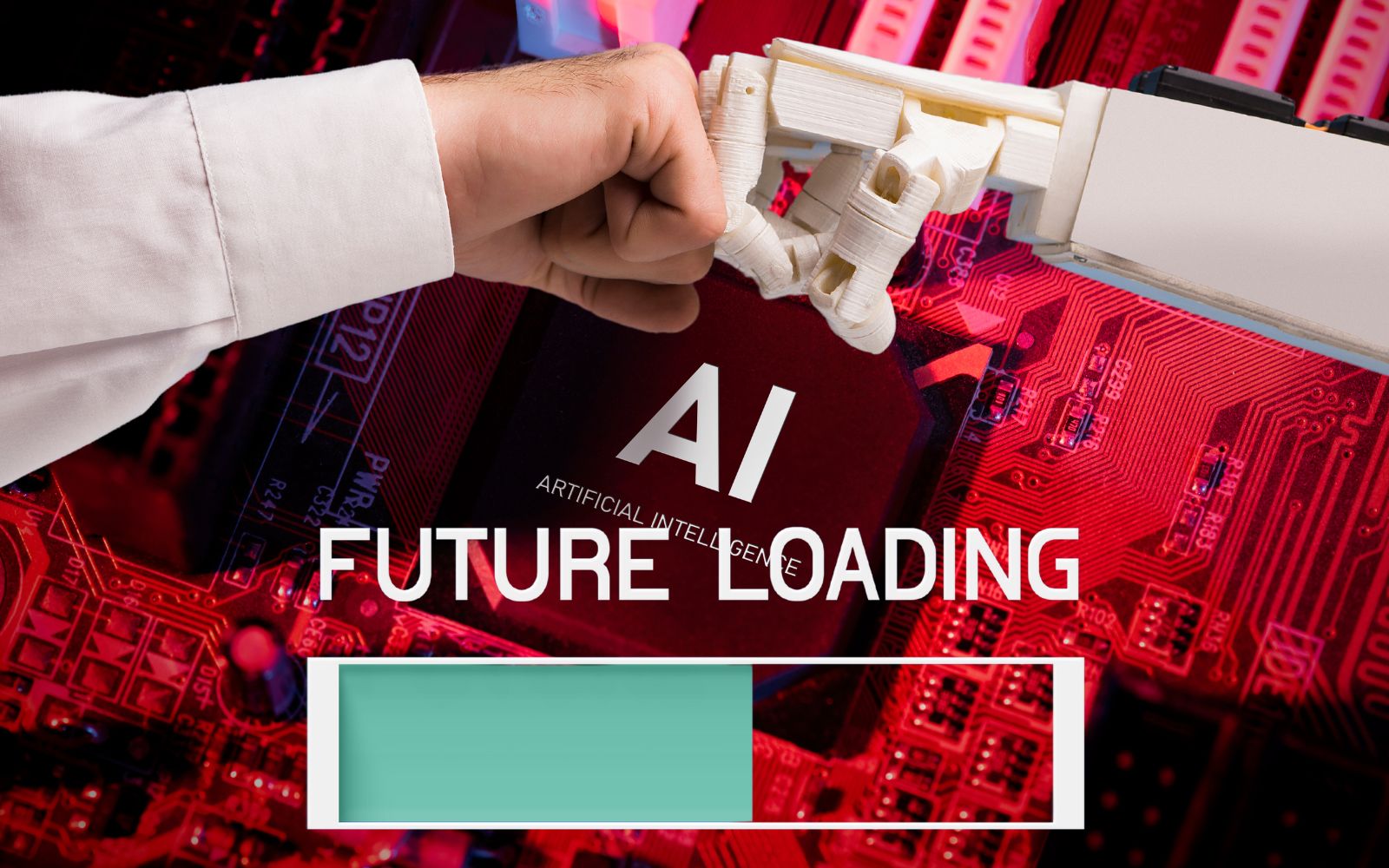
Artificial intelligence (AI) is evolving rapidly, reshaping industries and influencing the future of work. Experts across various fields offer valuable insights into what lies ahead for AI. Understanding their perspectives helps to grasp the potential impacts and opportunities AI presents. This article delves into expert opinions to forecast AI’s trajectory and its implications.

AI has already begun to transform numerous industries. According to PwC, AI could contribute up to $15.7 trillion to the global economy by 2030. This transformation is visible in healthcare, finance, and manufacturing, where AI enhances efficiency and innovation. Dr. Kai-Fu Lee, a prominent AI expert, predicts that AI will automate routine tasks, allowing humans to focus AI IS TE on more complex and creative work.
Governments worldwide recognize AI’s potential and are developing national strategies to harness its benefits. As of now, 60 countries have national AI strategies aiming to boost their economies and improve public services. For example, China’s AI strategy focuses on becoming a global leader by 2030, investing heavily in research and development.
AI is the future of the job market, requiring workers to adapt to new roles and skills. Automation will likely displace some jobs, but it will also create new opportunities. According to McKinsey, AI could generate $4.4 trillion annually by automating knowledge work, optimizing supply chains, and enhancing customer experiences. Workers need to acquire new skills, and companies like Kalkey offer professional training and job support to help them stay competitive.
The demand for AI professionals is skyrocketing. Jobs like AI specialists, data scientists, and machine learning engineers are in high demand. Devin, the world’s first AI software engineer, symbolizes the groundbreaking advancements in this field. His creation highlights the potential for AI to not only replace certain jobs but also create entirely new professions that we have yet to imagine.
Experts emphasize the need to address ethical and societal challenges posed by AI. Dr. Fei-Fei Li, a leading AI researcher, stresses the importance of developing AI with human-centered values.
Ensuring transparency, fairness, and accountability in AI systems is crucial to prevent biases and protect privacy. Collaborative efforts between policymakers, technologists, and ethicists are essential to navigate these challenges.
Looking further ahead, some experts predict that AI capabilities could rival human intelligence by 2300. This projection, though speculative, underscores the rapid pace of AI development. Dr. Stuart Russell, a renowned AI researcher, warns that achieving superintelligent AI requires robust safety measures to prevent unintended consequences. The future of AI will depend on how society manages these advancements responsibly.
Continuous learning is vital in an AI-driven world. Workers must embrace lifelong learning to stay relevant. Online courses, certifications, and boot camps focused on AI and related fields are becoming essential. Institutions and businesses must collaborate to provide accessible and effective learning opportunities.
The future of AI promises significant transformations across industries and society. Experts agree that while AI presents challenges, it also offers unprecedented opportunities for innovation and growth. Preparing for this future involves embracing continuous learning and addressing ethical concerns. Engaging with training providers like Kalkey ensures workers are equipped with the necessary skills to thrive in an AI-driven job market.
The insights from industry experts highlight AI’s profound impact on the future of work and society. By understanding these perspectives and taking proactive measures, individuals and organizations can harness AI’s potential while navigating its challenges.